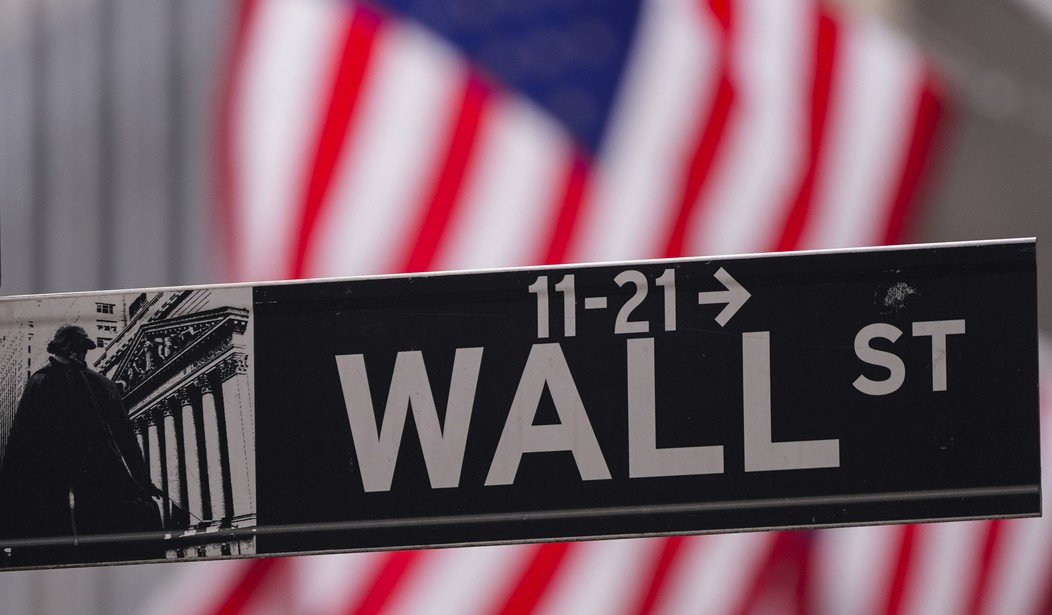Diversity, Equity, and Inclusion has a lot in common with Pogs. Remember Pogs?
Back in the 90s, Pogs were a game where you could collect discs with different designs on them, and along with "slammers," you could play a game with your friends where you get to keep Pogs you turn right side up.
DEI is corporate America's Pogs. It was trendy to have a DEI department staffed with people who made your corporate Christmas group photo look nice and diverse. Corporations would show their DEI departments off to each other, and some corporations wouldn't even work with you if your DEI department wasn't diverse enough. If you wanted to be recognized as cool, you had to have a solid DEI showing.
But the cultural winds shifted as they often do, and like Pogs, DEI kind of faded out of the limelight.
As my colleague Becky Noble reported on Tuesday, the DEI industry is fading fast, with job postings falling into the negatives:
Jobs in the once sought-after corporate field of diversity, equity, and inclusion (DEI) are slowly going the way of mood rings and the pet rock. As of September of this year, job postings for DEI positions have plummeted nearly 50 percent from pre-pandemic levels to about 1,500. That's compared to 2022 levels, when DEI-related jobs quadrupled to around 10,000 DEI job postings. When Trump returned to the White House in January, those jobs were only about 6 percent above 2019 levels.
READ MORE: Another Woke Industry Is Coming to a Screeching Halt in the Age of Trump
The trend is dead.
But it was always destined to die because it was always a luxury for corporations to have and served no real purpose.
For one, it's not entirely clear what kind of return on investment (ROI) DEI was giving to any business that engaged in it. There was some cultural value to it, certainly, but DEI never offered businesses a guaranteed monetary gain, unless you count select business-to-business interactions.
DEI was, at the end of the day, a costly virtue signal, and signaling virtue is always very expensive to do in the long term. It looks great to express that you're with a socio-political trend in the beginning, but eventually the bill comes due, which brings me to the next issue with DEI: It requires corporations to act like something they aren't.
A corporation's job is to make money. How it makes that money can and will change over the course of time, but money is its primary focus. DEI, and programs like it, require a corporation to stop acting like a money-making machine and put its efforts into social change. The issue is that there's not a lot of money in that business. In fact, social change is usually something that happens on the street level.
Economic situations, cultural shifts, trends, wars, trade, crime, the flap of a butterfly's wings, and more move and shift consumers this way and that way all the time. Very rarely does a corporation actually shift the culture itself, with a few notable exceptions, such as the first release of Apple's iPhone and Elon Musk's purchase of Twitter. Corporations are usually chasing these trends and attempting to integrate themselves into the latest cultural turns.
DEI was effectively a bunch of corporations chasing a cultural trend by haphazardly adding on DEI departments to their businesses. It was done so quickly and without much thought, too. If they sat down and really understood what they were dealing with, many corporations would have likely backed away from the trend, because DEI required something of a makeover for the company, including how it presented itself, its hiring and promoting practices, and social participation in divisive causes.
Very little of this actually makes a corporation money, which, again, is the primary focus of any corporation. In fact, DEI requires spending inordinate amounts of money, or even more accurately, it requires a corporation to sacrifice a lot of money.
Asking a corporation to do that is like asking a man who remodels cars to smash the windows and key the paint job. It goes against every fiber of his being, and it defeats the purpose of his business.
Corporations losing money come with a lot of risks. Layoffs can occur, and dips in stock prices could result in angry investors. Disney's dip in stock prices resulted in a fight for control of the board. Marketing teams and executives have been fired left and right for their DEI-based mistakes. No one is safe when a corporation loses money, and DEI has made many a corporation lose egregious amounts of cash.
As such, it was never going to survive.
At best, DEI was a trend that offered so little and demanded so much that many corporations seemed more than happy to abandon it the moment even a little pressure was put on them to do so. The product suffered, public relations suffered, staff suffered, and money was lost.
Any corporation still clinging to the hope that DEI is somehow a ticket to being seen as the "good guy" in the room is still playing with Pogs long after the trend died.















